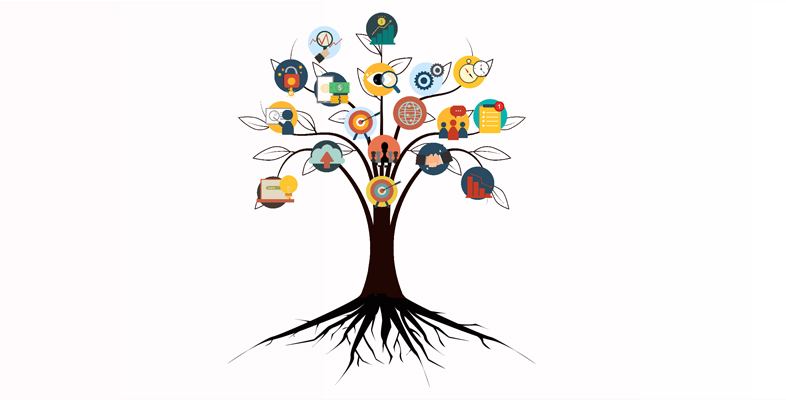2.1 What are societal challenges?
On 25 September 2015, the United Nations published a document titled Transforming Our World: the 2030 Agenda for Sustainable Development, which contained 17 sustainable development goals (SDGs) (UN, 2015).
The 17 SDGs reflect the problems that every society faces. For this reason, the goals are recognised globally and will be around for at least the next 15 years. The United Nations’ SDGs are all encompassing global targets to end poverty and hunger completely and ensure clean water for all.
Another example that can be used to illustrate societal problems is the European Union’s Horizon 2020 (EU, 2013), a research and innovation programme. The aims of Horizon 2020 reflect the policy priorities of the Europe 2020 strategy and address major concerns and societal challenges shared by citizens in Europe and elsewhere.
Horizon 2020 is the financial instrument implementing the Innovation Union, a Europe 2020 flagship initiative aimed at securing Europe’s global competitiveness.
Seen as a means to drive economic growth and create jobs, Horizon 2020 has the political backing of Europe’s leaders and the Members of the European Parliament. They agreed that research is an investment in our future and so put it at the heart of the EU’s blueprint for smart, sustainable and inclusive growth and jobs.
By coupling research and innovation, Horizon 2020 is helping to achieve this with its emphasis on excellent science, industrial leadership and tackling societal challenges. The goal is to ensure Europe produces world-class science, removes barriers to innovation and makes it easier for the public and private sectors to work together in delivering innovation.
This approach brings together resources and knowledge across different fields, technologies and disciplines, including social sciences and the humanities. Societal issues can include the following challenges:
- health, demographic change and wellbeing
- food security, sustainable agriculture and forestry, marine, maritime and inland water research, and the bioeconomy
- secure, clean and efficient energy
- smart, green and integrated transport
- climate action, environment, resource efficiency and raw materials
- Europe in a changing world – inclusive, innovative and reflective societies
- secure societies – protecting freedom and security of Europe and its citizens.
It is important for entrepreneurs and innovators to understand the industry, market sector or specialist area which they wish to enter or in which they operate. A good understanding of the specialist area includes an understanding of aspects such as technological changes, social pressures, government regulations and competitors.
Activity 4 Addressing societal challenges
Listen to the audio recording in which practitioners from three different specialist areas – engineering, science and information technology; creative, leisure and cultural industries; and health and social care – share their experiences of how to identify and address societal challenges using entrepreneurship and innovation. You will then start thinking about your own specialist area.
Transcript
1. For each specialist area, make a list of the societal challenges that the speaker identified and the ways these are being addressed.
a. Societal challenges and innovative solutions in engineering, science and information technology
b. Societal challenges and innovative solutions in creative, leisure and cultural industries
c. Societal challenges and innovative solutions in health and social care
Discussion
Entrepreneurs and innovators must have a good understanding of the current state of the area they are working in, including issues such as expected growth rates, trends and competitors. Market research reports are one source of such information and so you should become familiar with the type of information in such reports and where you can find them.
2. Now decide on the specialist area you want to focus on and make notes about why you have selected this area. You should then use this chosen specialist area to complete the rest of the course so that you can gain the knowledge and skills that work for you when you become involved in sustainable innovation projects in the future.
